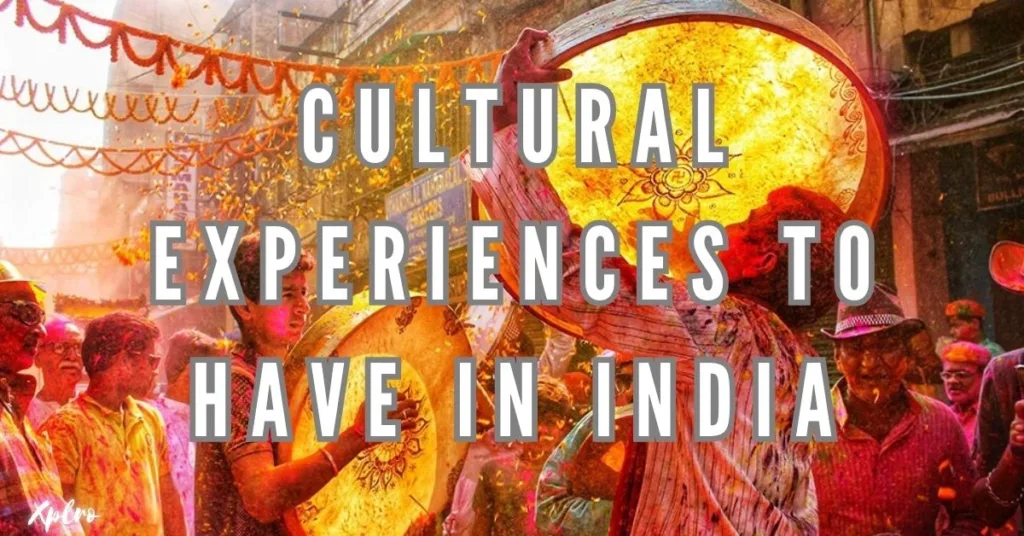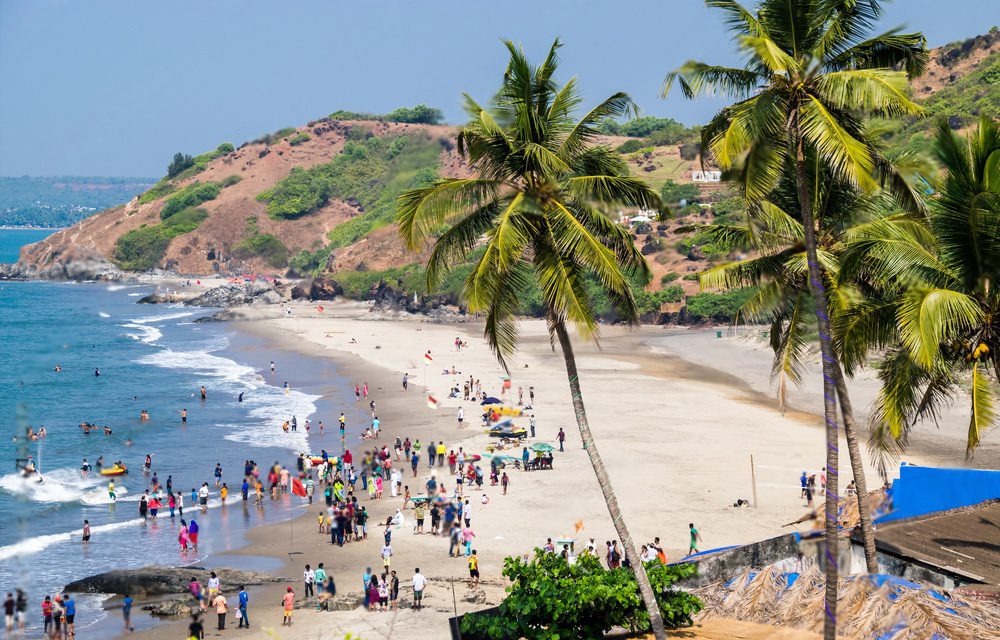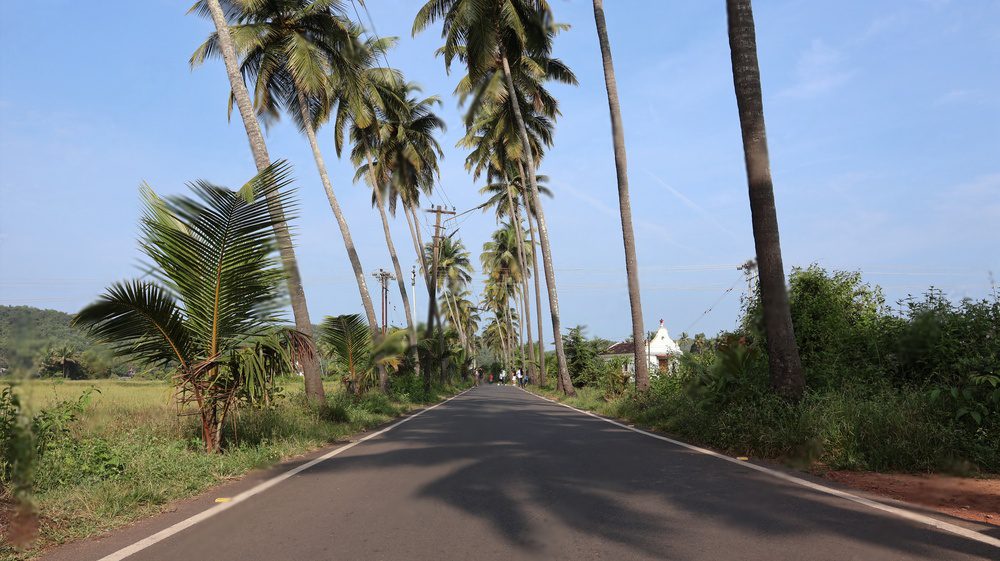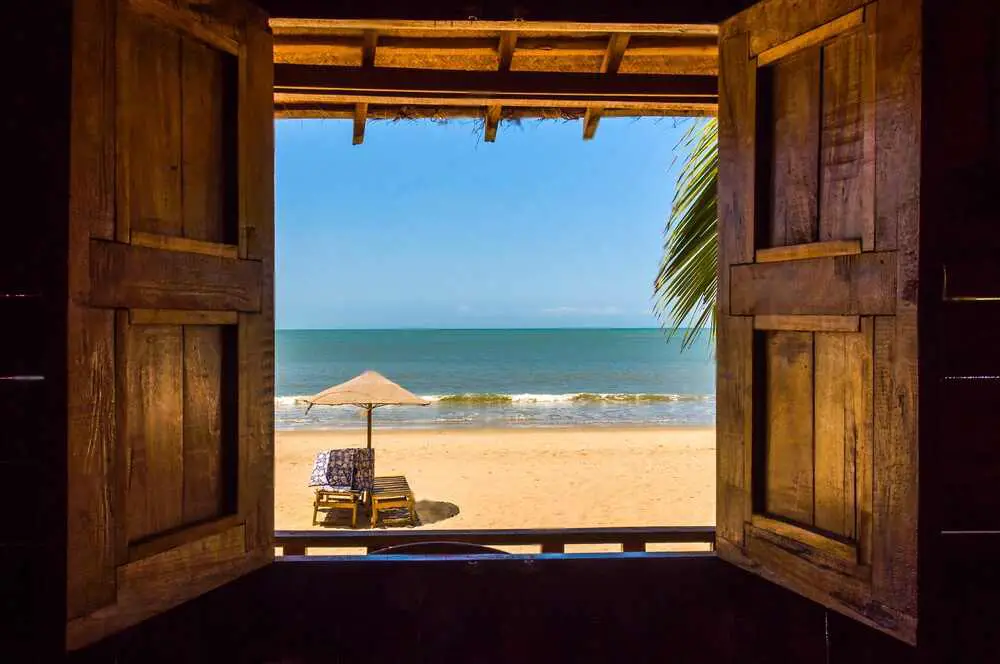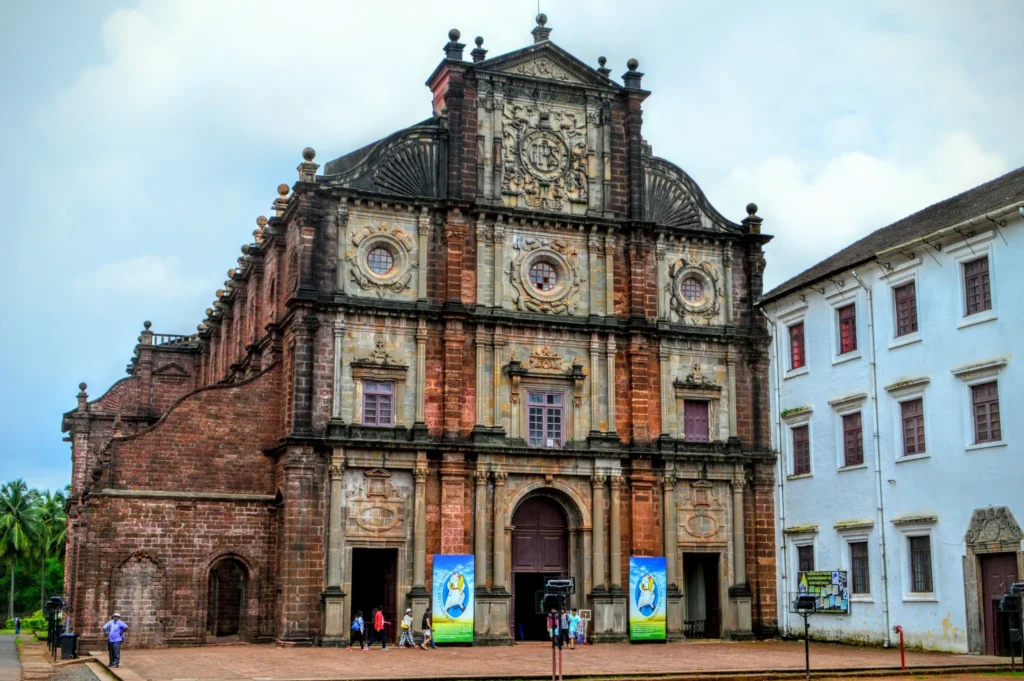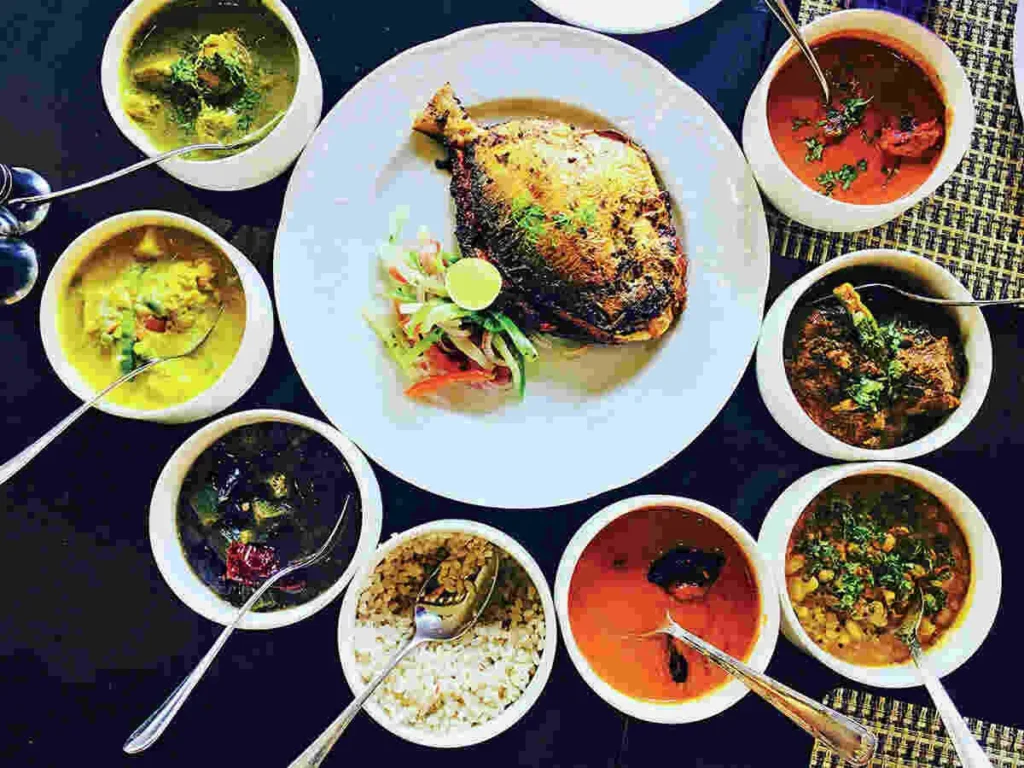Cultural Experiences to Have in India; a land of vibrant colors and ancient traditions, is a cultural melting pot where diverse customs and deep-rooted spirituality intertwine. Each region offers unique experiences that reflect its heritage and the blend of various influences over centuries. For travelers seeking an immersive journey, here are the top 10 cultural experiences to have in India that offer an authentic glimpse into the heart of Indian culture.
1. Witness the Grandeur of Holi – The Festival of Colors
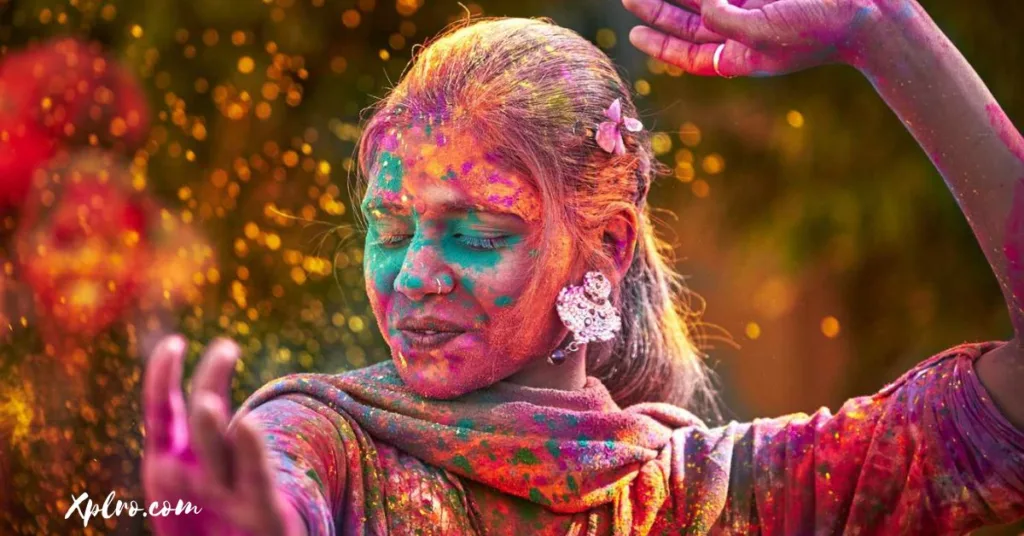

Holi, India’s Festival of Colors, is a vibrant celebration of spring and the victory of good over evil. It’s a time of joy, music, and colorful powder play. Holi is celebrated widely in March, with Mathura and Vrindavan in Uttar Pradesh being the best places to experience the festivities. These cities host week-long celebrations, including the unique Lathmar Holi. Joining in the Holi celebrations is a wonderful way to experience Indian culture and community spirit.
2. Explore the Architectural Wonder of the Taj Mahal
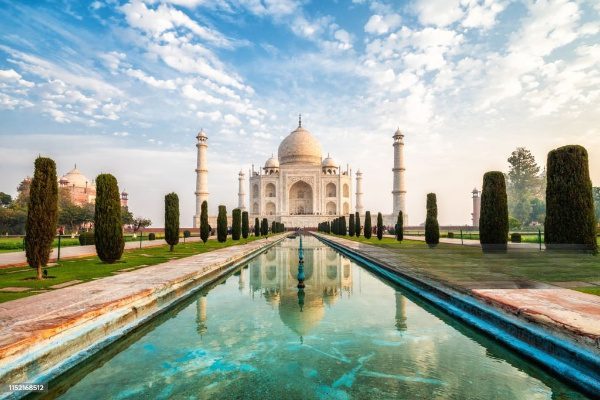

The Taj Mahal, a breathtaking symbol of love and architectural genius, is a UNESCO World Heritage Site and one of the Seven Wonders of the World. This stunning marble mausoleum was built by Emperor Shah Jahan in Agra to honor his beloved wife, Mumtaz Mahal. A visit to the Taj Mahal offers more than just a visual treat. It’s a journey through Mughal architecture, intricate marble inlay work, and a love story that has captivated the world. To truly experience the magic of the Taj Mahal, consider visiting during sunrise or sunset, when the changing light illuminates the white marble in a mesmerizing way.
3. Attend a Traditional Indian Wedding
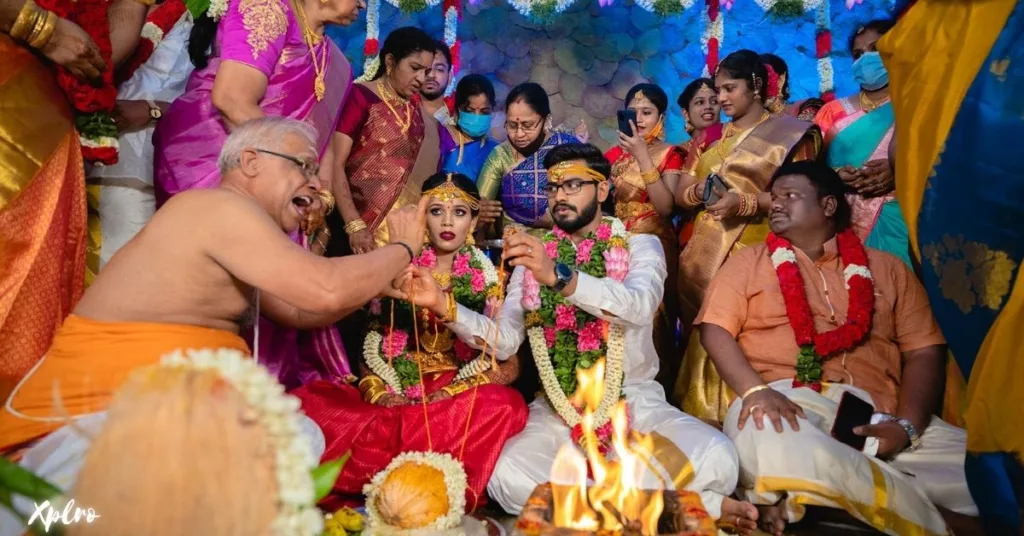

Attending an Indian wedding is a truly unforgettable experience. These multi-day celebrations are filled with vibrant colors, intricate rituals, and joyous music and dance. From the Mehendi ceremony to the Sangeet and the main wedding rituals, each event showcases the unique cultural and religious traditions of India. Whether it’s the grandeur of a Punjabi wedding or the elegance of a Tamil wedding, attending an Indian wedding allows you to immerse yourself in the rich tapestry of Indian customs and experience the warm hospitality that makes these celebrations so special.
4. Discover Ancient Temples and Spiritual Sites in Varanasi
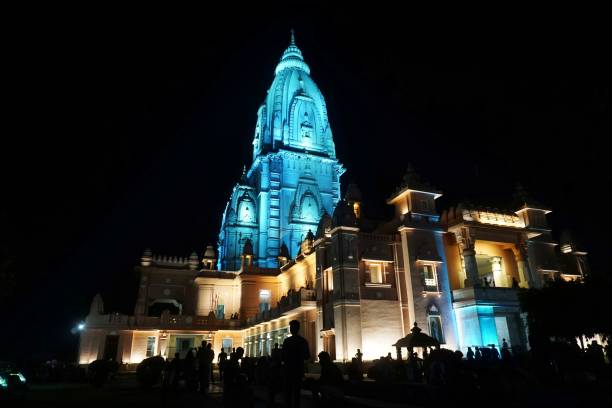

Varanasi, one of the world’s oldest continuously inhabited cities, holds a special place in the hearts of Hindus. Situated along the sacred Ganges River, Varanasi is renowned for its ghats (steps leading to the river) and its spiritual significance. Witnessing the Ganga Aarti at Dashashwamedh Ghat is a truly awe-inspiring experience, as priests perform rituals to honor the river with chants, lamps, and flowers. Varanasi’s ancient temples, like Kashi Vishwanath, offer a glimpse into India’s rich architectural heritage and the deep-rooted spirituality that makes this city the spiritual heart of the nation.
5. Experience Classical Indian Dance and Music in Kerala
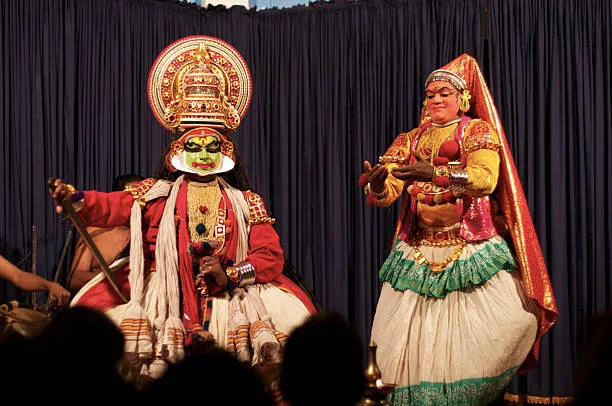

Kerala is a land of rich cultural heritage, renowned for its diverse classical dance forms. Kathakali, a captivating blend of dance and drama, is characterized by its vibrant costumes, intricate face painting, and expressive movements. Mohiniyattam, another popular form, is known for its graceful movements and feminine attire. These classical dances are often performed in Kerala’s temples and traditional venues, offering a mesmerizing cultural experience for visitors. Music is equally integral to Kerala’s culture, with Carnatic music performances showcasing the ancient Indian musical traditions that emphasize rhythm, melody, and devotion.
6. Stay in a Traditional Rajasthani Haveli
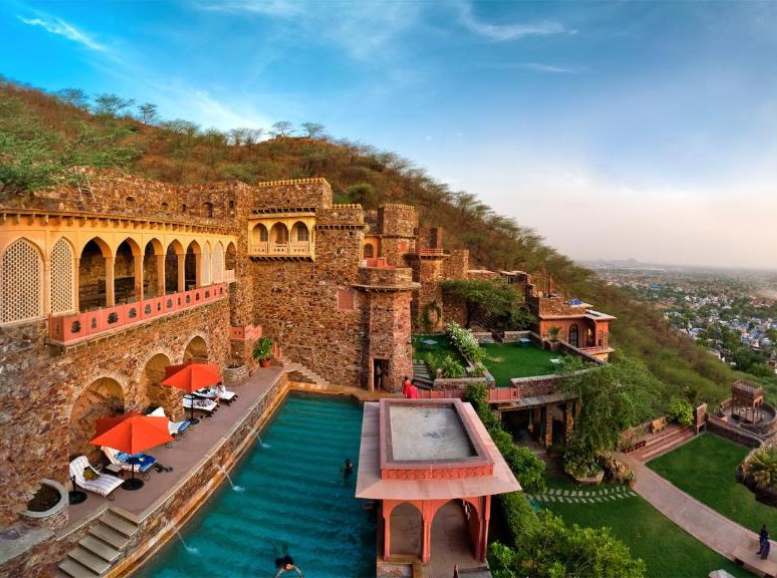

Rajasthan, a land steeped in royal history, is home to magnificent havelis (traditional mansions). Many of these havelis have been transformed into luxurious boutique hotels, offering a unique opportunity to experience Rajasthan’s rich cultural heritage. By staying in a haveli, travelers can admire the intricate architecture, stunning frescoes, and opulent interiors that reflect the region’s regal past. Cities like Jaipur, Jodhpur, and Udaipur offer a variety of heritage properties that transport guests back to the era of maharajas and royalty. From indulging in traditional Rajasthani cuisine to learning about local customs, a haveli stay provides a captivating glimpse into Rajasthan’s storied past.
7. Embark on a Camel Safari and Stay in the Thar Desert
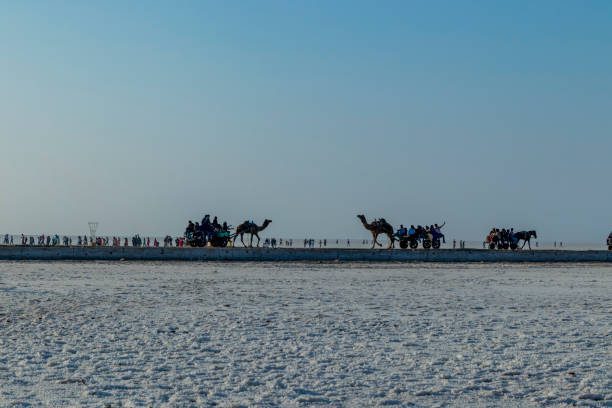

A camel safari through the Thar Desert in Rajasthan is a unique cultural experience that takes you deep into India’s desert heartland. Exploring the dunes of Jaisalmer on camelback offers a chance to witness the simple beauty of desert life, interact with local villagers, and even experience traditional Rajasthani music and dance under the starry night sky. Staying in a desert camp allows you to witness breathtaking sunsets and star-filled nights, creating an unforgettable experience. It’s a perfect way to immerse yourself in the folklore, hospitality, and rustic charm of India’s desert culture.
8. Visit a Spice Plantation in Kerala


Kerala, the “Land of Spices,” is a fascinating destination to learn about India’s role in the global spice trade. Visiting a spice plantation in Thekkady or Wayanad offers a sensory journey through the cultivation of spices like black pepper, cardamom, and cinnamon. Plantation tours educate visitors on sustainable farming practices and the traditional methods of spice processing. The aroma of freshly grown spices and the scenic beauty of the plantations make this an enriching experience, providing insight into India’s agricultural heritage.
9. Experience Yoga and Meditation in Rishikesh
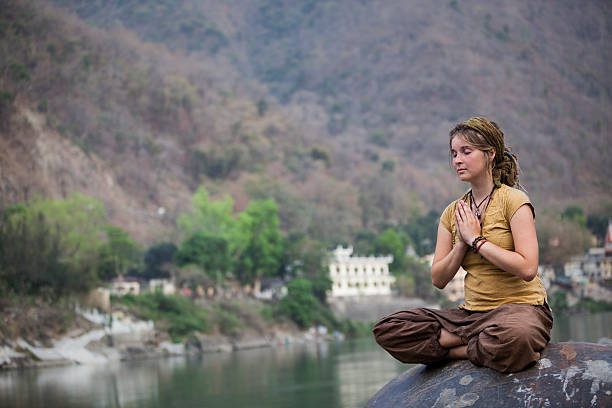

Rishikesh, nestled in the foothills of the Himalayas, is renowned as the Yoga Capital of the World. This serene town attracts yoga and meditation enthusiasts from around the globe, offering a perfect setting for spiritual growth. Ashrams in Rishikesh provide serene environments for learning yoga and meditation, while courses in Ayurveda, India’s ancient healing system, allow travelers to engage in holistic wellness. Practicing yoga along the banks of the Ganges River, with the sound of temple bells in the background, is a truly spiritual experience.
10. Explore Indian Crafts and Artisanship in Gujarat
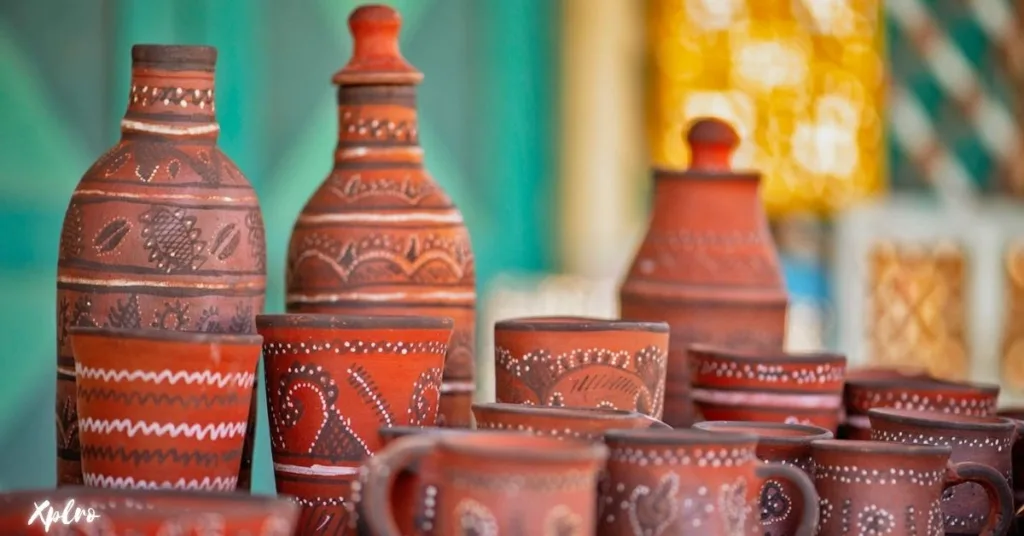

India’s rich cultural heritage is beautifully reflected in its diverse handicrafts. Gujarat, in particular, is renowned for its traditional crafts like block printing, pottery, and textile weaving. Villages such as Bhuj and Kutch are home to talented artisans who showcase their creativity through vibrant fabrics, intricate embroidery, and unique dyeing techniques. By visiting these craft villages, you can learn about India’s artistic heritage directly from the artisans who have preserved these skills for generations. You can even participate in workshops and gain hands-on experience in these traditional art forms.
Conclusion – Cultural Experiences to Have in India
India, a land steeped in history and tradition, offers a kaleidoscope of cultural experiences. From the vibrant festivals of Holi and Diwali to the serene spirituality of Varanasi, India’s cultural tapestry is as diverse as it is captivating. Immerse yourself in the grandeur of ancient monuments like the Taj Mahal and the Red Fort, or explore the bustling bazaars and vibrant markets. Discover the intricate artistry of Indian handicrafts, from the delicate textiles of Kashmir to the vibrant pottery of Rajasthan. Embark on a spiritual journey through yoga and meditation in Rishikesh, or indulge in the culinary delights of Indian cuisine, from the fiery curries of the south to the aromatic biryanis of the north. With so much to explore, India offers an unforgettable cultural adventure. Plan your trip with Xplro.com and unlock the hidden gems of this incredible country.
FAQs
1. What makes India a unique destination for cultural experiences?
- India’s culture is incredibly diverse, with each state showcasing unique languages, customs, festivals, and art. The country’s heritage reflects centuries of varied influences, from ancient civilizations to colonial rule, creating a melting pot of traditions and lifestyles. For travelers, this diversity offers an immersive experience into India’s depth of spirituality, historical legacy, and everyday traditions, making it a one-of-a-kind destination for cultural exploration.
2. What should I wear when visiting cultural or religious sites in India?
- When exploring cultural or religious places in India, modest attire is recommended out of respect for local norms. Generally, covering your shoulders and knees is appropriate, and in temples or mosques, removing shoes is often required. Some religious sites may also ask visitors to cover their heads. Lightweight, breathable fabrics like cotton work best, especially in warm weather, allowing you to dress comfortably while showing respect.
3. When is the best time to visit India for cultural experiences?
- The ideal time to visit India is from October to March, when the weather is cooler and many major cultural festivals, such as Diwali and Holi, take place. This season allows for a more enjoyable experience as festivals are vibrant and more accessible. However, timing can vary based on specific regions and the type of experience, so it’s helpful to plan according to your destination.
4. How can I experience local festivals authentically?
- To experience Indian festivals authentically, consider joining local communities or families celebrating the occasion. Many tour operators and cultural programs provide immersive experiences during major festivals, like Diwali or Holi, offering opportunities to participate in traditional rituals, festivities, and meals. Traveling to places like Mathura for Holi or Kerala for Onam provides unique insights into these vibrant celebrations and fosters meaningful cultural connections.
5. Is it safe to attend large cultural gatherings or festivals?
- India’s large festivals, such as Diwali, Holi, and Durga Puja, attract vast crowds, and with basic precautions, they are generally safe. Opting for organized events and avoiding crowded areas can add an extra layer of safety. Awareness of your surroundings, keeping valuables secure, and respecting local customs contribute to an enjoyable and safe festival experience.
6. What are some tips for visiting local villages or rural areas?
- When visiting rural India, respecting local customs is key to an authentic and positive experience. Dress conservatively, ask for permission before taking photos, and learn a few phrases in the regional language to connect with locals. Organized village tours and homestays allow you to experience daily life, crafts, and traditions firsthand while ensuring that interactions are respectful and meaningful.
7. What are the best cultural destinations in India for first-time visitors?
- For those new to India, destinations like Delhi, Jaipur, Agra, Varanasi, Kerala, and Rajasthan offer a wide range of cultural experiences. Delhi and Agra are famous for Mughal history and iconic sites like the Taj Mahal, while Jaipur and Rajasthan present royal heritage through palaces, forts, and local arts. Kerala offers a blend of traditional dance, music, and Ayurveda, while Varanasi provides spiritual immersion along the Ganges.
8. Are there opportunities to learn traditional Indian art or crafts?
- Yes, India offers numerous opportunities for travelers interested in learning traditional arts. In Gujarat, you can try block printing and pottery in Bhuj and Kutch, while Rajasthan offers painting and jewelry-making workshops. Kerala and Tamil Nadu are great for learning classical dance and music, including Kathakali and Bharatanatyam. These hands-on experiences help preserve Indian art forms and offer travelers a chance to participate directly.
9. Can I participate in a traditional Indian wedding as a tourist?
- Indian weddings are usually private, but some hospitality services and tour operators offer curated experiences that allow tourists to observe wedding rituals and ceremonies. These experiences are crafted respectfully to showcase the vibrant music, dance, and customs that characterize Indian weddings. Joining one of these events is a beautiful way to experience Indian hospitality and celebration traditions.
10. What are the culinary experiences I shouldn’t miss in India?
- India’s culinary heritage is as diverse as its culture, with each region offering unique dishes. Sampling street food in Delhi or Mumbai, tasting the rich curries of Kerala, savoring traditional Bengali sweets in Kolkata, or enjoying a Rajasthani thali are must-try experiences. For a deeper experience, you can join cooking classes in cities like Jaipur or Delhi, where you’ll learn about regional spices and techniques used in Indian cuisine.
11. How can I experience India’s spiritual practices respectfully?
- India’s spirituality is deeply rooted, and respectful participation in practices like yoga, meditation, and Ayurveda offers a meaningful experience. Visiting Rishikesh, known as the “Yoga Capital of the World,” is ideal for yoga retreats, while wellness centers across the country offer meditation and Ayurveda courses. Observing ceremonies, such as the Ganga Aarti, quietly and following locals’ lead ensures a respectful engagement with India’s spiritual traditions.
12. How do I communicate effectively in regions where English isn’t widely spoken?
- In rural areas where English may not be common, learning a few phrases in Hindi or the local language can enhance your interaction. Simple phrases like “Namaste” (hello) and “Dhanyavaad” (thank you) show respect and effort. Additionally, using translation apps or hiring local guides who speak English and the regional language can help bridge communication gaps and facilitate a more seamless cultural experience.
